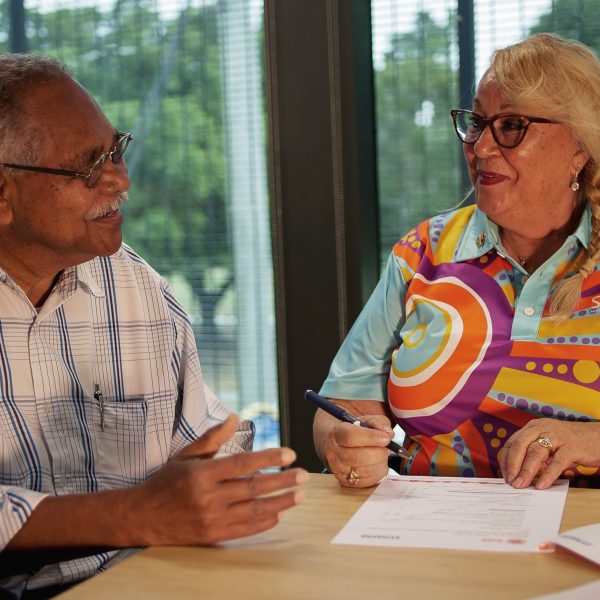
The Guddi Way Screen
The Guddi Way Screen is a culturally developed tool to identify cognitive impairment as a result of a brain injury in Aboriginal and/or Torres Strait Islander people.
Read moreIf you’ve got questions or need advice, support or further information, get in touch with us today. We’d love to help